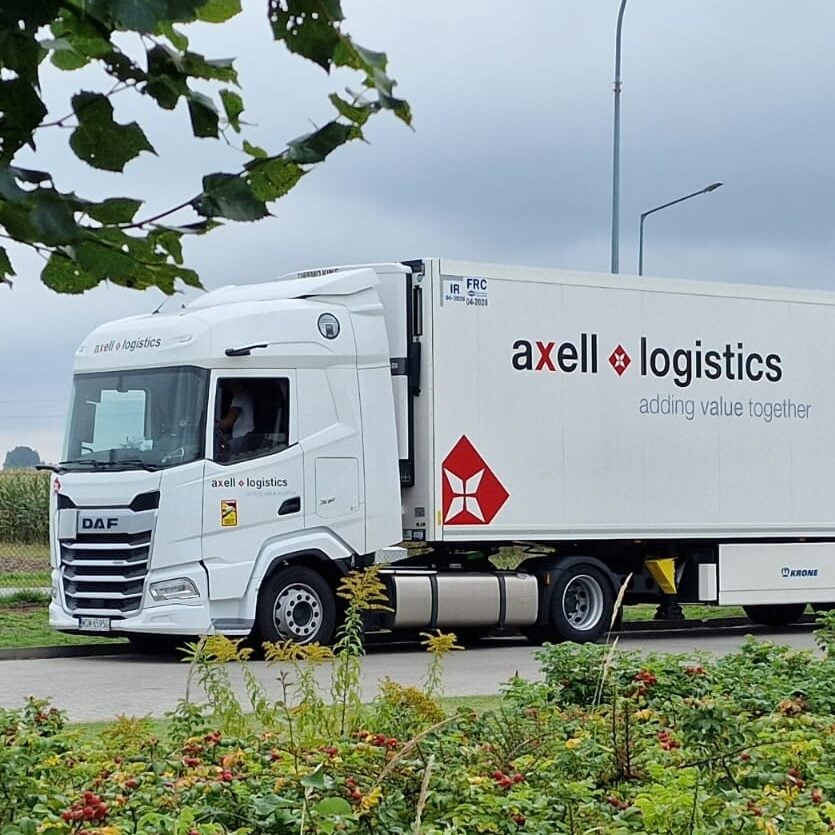Anyone working in logistics will come across the term WMS. But what exactly is a Warehouse Management System, and why is it so important in today’s logistics landscape? Let’s take a closer look.

What is WMS?
A WMS (Warehouse Management System) is advanced software used to manage warehouse operations within a company. Its primary goal is to optimize logistics processes, increase efficiency, and improve accuracy and control over warehouse operations. A WMS integrates with various systems and devices, allowing for end-to-end inventory management—from goods receipt to storage to outbound shipping. At Axell Group, we also seamlessly integrate with the systems our clients use as part of our warehousing services.
What are the key functions of WMS?
More and more companies—both those operating their own warehouses and those using external ones—are implementing WMS solutions. What does a WMS offer to distribution and production companies? Here are some of its core functionalities:
- Inventory control – A WMS enables real-time tracking and management of stock levels, helping prevent shortages or overstocking;
- Space optimization – It allows for efficient use of warehouse space through strategic placement of goods and optimized picking routes;
- Order management – Automates the receiving, packing, and shipping processes, which shortens lead times and reduces the risk of errors;
- Tracking and monitoring – You can monitor the exact location and status of every item in the warehouse, enabling quick responses to market demands and customer needs;
- Data analysis – A WMS collects and analyzes warehouse operation data, identifying areas for improvement and supporting better business decisions.
Why is WMS essential in logistics?
Implementing a WMS offers numerous benefits for logistics and warehousing companies. It boosts operational efficiency by reducing order processing times and minimizing errors. It also helps optimize costs by improving resource management, reducing waste (aligned with Kaizen principles), and eliminating unnecessary stock-related expenses. Additionally, a WMS enhances customer service through faster, more accurate order fulfillment and enables effective tracking of delivery statuses.
Summary
WMS systems are an indispensable tool in modern logistics. They help optimize warehouse processes and significantly increase productivity. At Axell Group, WMS is part of our daily operations—enabling us to deliver well-managed, high-performance warehousing services that directly contribute to our clients’ business success.

























